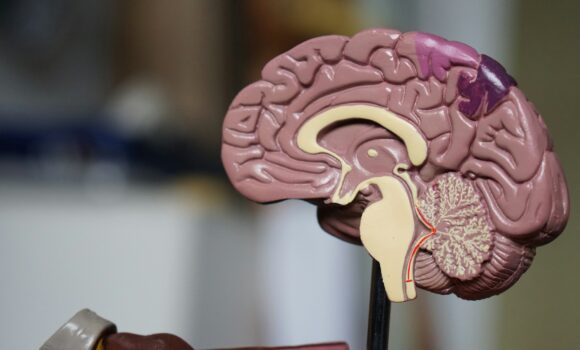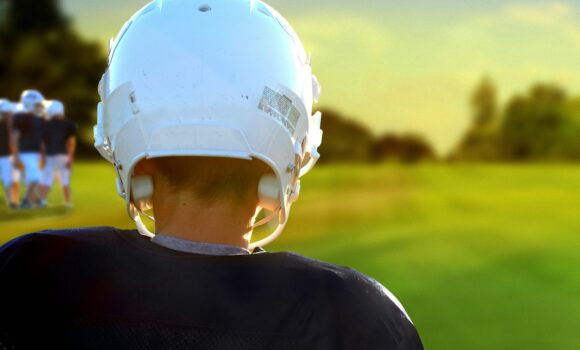What Is the Glasgow Coma Scale?

Brain injuries are some of the most serious that anyone can sustain because of the long-term impact that is often associated with them. It’s important for the injury to be properly diagnosed and the severity understood so the injured individual knows how to go along with treatment.
In determining how severe a brain injury is, the impacted individual may have to go through the Glasgow Coma Scale. This is a way to determine the severity based on the symptoms displayed and can help the injured party get the right treatment methods necessary.
This is the most commonly used scoring system because it is simple and reliable. It’s important to understand the various functions that are measured under the Glasgow Coma Scale. Here are some of the things that are checked and the scoring system that goes along with them.
- Eye opening functions: Based on how well the injured party can open their eyes, they’re scored either non-testable, none, to pressure, to sound, or spontaneous. Each is associated with a number from NT to 4.
- Verbal response: Verbal responses are gauged as well with functions measured as non-testable, none, sounds but no words, words but not coherent, confused, or orientated. The scores range from NT to 5.
- Motor response: These responses are measured as non-testable, none, extension, abnormal flexion, normal flexion, localizing, and obeys commands. These numbers range from NT to 6.
When the test is complete, the scores are added up to determine where the individual falls on the Glasgow Coma Scale. The total score is used to show if the individual is suffering from mild, moderate, or severe traumatic brain injury.
A person with a score of 13-15 would be considered to have a mild brain injury. Between 9-12 indicates a moderate brain injury. However, if a person scores 8 or less, they may be diagnosed with a severe traumatic brain injury which may include permanent neurological disorders.
At Strong Law, P.C., we recognize that many times, traumatic brain injuries are caused by negligence related accidents. These are serious situations and a Springfield brain injury lawyer may be needed to help.
Tell Us About Your Case
Contact us today at (417) 887-4300 or online to arrange your free case evaluation. Our Experienced Trial Attorneys will walk you through your legal options.


